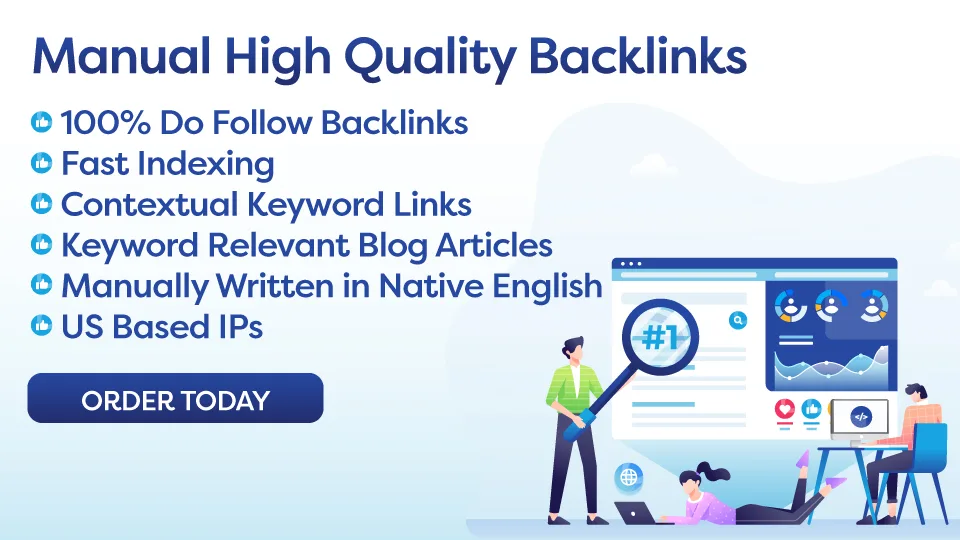Small businesses can improve online presence with Mobile SEO by optimizing website for mobile search. Importance lies in attracting customers through mobile-friendly design, local SEO, and user experience. Mobile SEO strategies focus on responsiveness, page loading speed, and local optimization to enhance visibility and engagement. Implementing practical tips like image optimization, local keyword usage, and clear call-to-action buttons can boost SEO performance. Conducting a mobile SEO audit and focusing on user experience can help small businesses stand out in the digital landscape and drive growth. Prioritizing mobile SEO is key for small businesses to succeed in the competitive online market.
Keywords: Mobile SEO for small businesses
Excerpt: Improve your small business’s online presence with Mobile SEO strategies for better visibility and customer engagement.
Introduction:
In today’s digital age, having a strong online presence is crucial for small businesses to stand out and reach their target audience. With the majority of people using mobile devices to search for products and services, optimizing your website for mobile search is essential. Implementing effective Mobile SEO strategies can help small businesses improve their visibility, attract more customers, and ultimately increase their revenue. In this article, we will explore the importance of Mobile SEO for small businesses and provide practical tips on how to enhance your mobile presence.
Key Takeaways:
1. Importance of Mobile SEO for small businesses
2. Mobile-friendly website design
3. Page loading speed optimization
4. Local SEO for mobile
5. User experience optimization
Key Takeaways
1. Importance of Mobile SEO for small businesses:
Having a mobile-friendly website is no longer an option, but a necessity for small businesses. With more than half of all online searches coming from mobile devices, having a website that is optimized for mobile is crucial for attracting and retaining customers. Mobile SEO helps improve your website’s visibility in search engine results pages (SERPs) and ensures a seamless user experience for mobile users.
Subheadings:
– Increase in Mobile Search Traffic
– Enhanced User Experience on Mobile Devices
Mobile SEO is not just about ranking higher in search results, but also about providing a positive user experience on mobile devices. Mobile users expect fast-loading pages, easy navigation, and mobile-friendly content. By optimizing your website for mobile, you can ensure that visitors have a smooth and enjoyable experience, leading to increased engagement and conversions.
2. Mobile-friendly website design:
One of the first steps in optimizing your website for mobile is to ensure that it is mobile-friendly. This means having a responsive design that adjusts to different screen sizes and resolutions, making it easy to navigate and read on mobile devices. A mobile-friendly website is not only important for user experience but also for SEO, as Google prioritizes mobile-friendly websites in its search rankings.
Subheadings:
– Implement Responsive Design
– Optimize for Touchscreen Navigation
3. Page loading speed optimization:
Page loading speed is a critical factor in mobile SEO, as mobile users expect fast-loading websites. Slow-loading pages not only frustrate users but also negatively impact your search engine rankings. To improve your website’s loading speed, consider optimizing images, minifying CSS and JavaScript files, and leveraging browser caching. By improving your page loading speed, you can provide a better user experience and boost your SEO performance.
Subheadings:
– Image Optimization
– Minification of CSS and JavaScript
4. Local SEO for mobile:
For small businesses, local SEO is especially important, as it helps you connect with customers in your area and drive foot traffic to your physical location. Optimizing your website for local search is essential for small businesses looking to attract local customers. This includes creating a Google My Business listing, optimizing your website for local keywords, and building citations on local directories.
Subheadings:
– Google My Business Listing
– Local Keyword Optimization
5. User experience optimization:
In addition to technical aspects like page loading speed and mobile-friendly design, user experience plays a crucial role in Mobile SEO. Factors such as easy navigation, clear call-to-action buttons, and relevant content all contribute to a positive user experience on mobile devices. By focusing on user experience optimization, you can enhance engagement, increase conversions, and improve your overall SEO performance.
Subheadings:
– Clear Call-to-Action Buttons
– Relevant and Engaging Content
Action Plan:
1. Conduct a mobile SEO audit of your website to identify areas for improvement.
2. Implement responsive design to ensure your website is mobile-friendly.
3. Optimize your website for local search by creating a Google My Business listing and using local keywords.
4. Improve page loading speed by optimizing images and minifying CSS and JavaScript.
5. Focus on user experience optimization by providing easy navigation, clear call-to-action buttons, and engaging content.
Conclusion:
In conclusion, Mobile SEO is essential for small businesses looking to improve their online visibility and attract more customers. By implementing mobile-friendly design, optimizing page loading speed, focusing on local SEO, and enhancing user experience, small businesses can maximize their mobile presence and stand out in a competitive digital landscape. With the tips and strategies outlined in this article, small business owners can take proactive steps to enhance their mobile SEO and drive business growth.
FAQs:
Q: How does Mobile SEO differ from traditional SEO?
A: Mobile SEO focuses on optimizing websites for mobile devices, taking into account factors like responsive design, page loading speed, and user experience on mobile.
Q: Why is page loading speed important for mobile SEO?
A: Page loading speed is crucial for mobile SEO, as slow-loading pages can frustrate users and negatively impact search rankings. Optimizing page loading speed can improve user experience and SEO performance.

